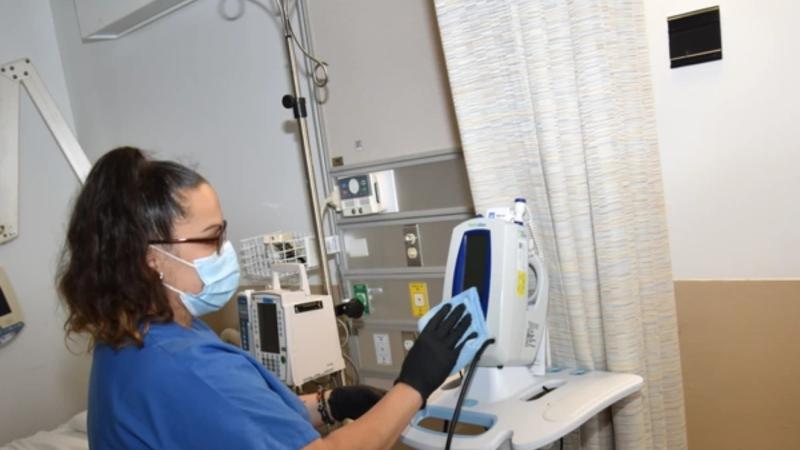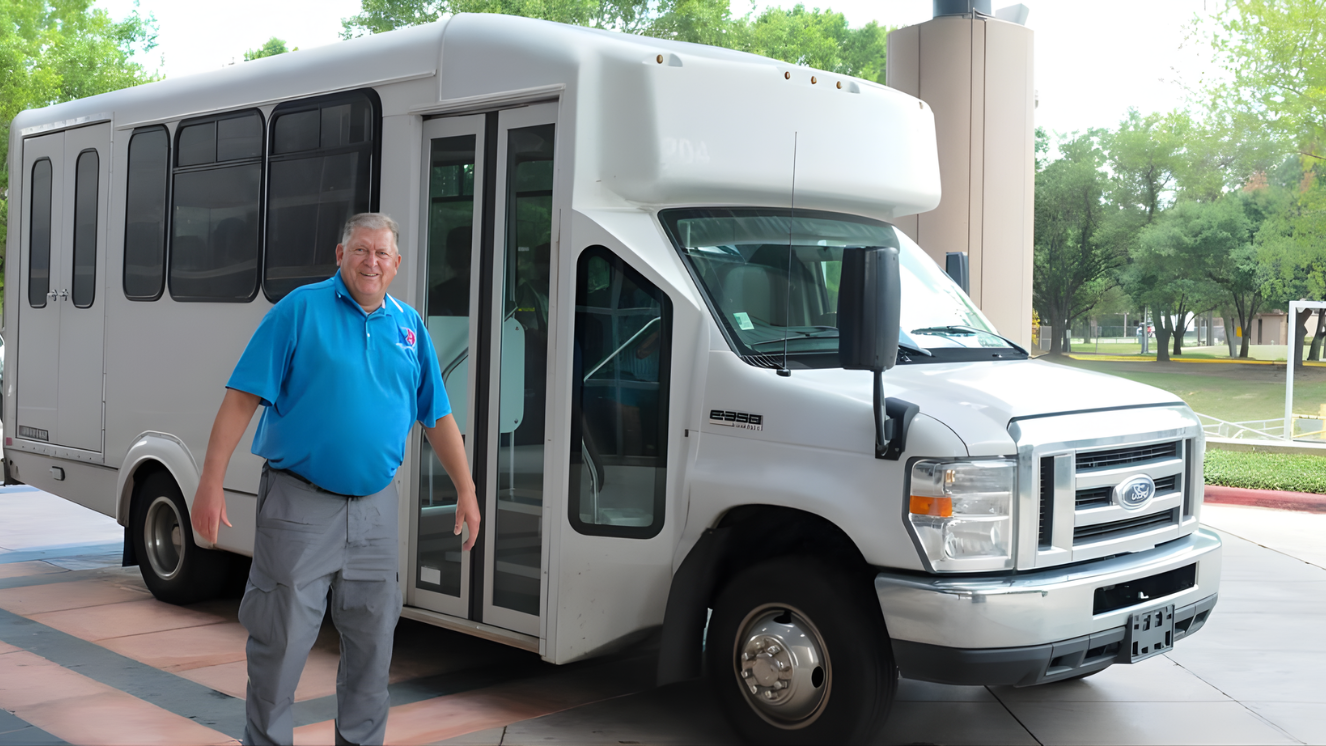TRUMP ADMINISTRATION'S VETERAN HEALTHCARE BILL: PRIVATE CARE FOCUS
COMMENT
SHARE

During the 2024 election campaign, privatized healthcare options for Veterans were a key talking point for the community. Specifically, then-Senator JD Vance devised a plan to provide private healthcare for Veterans, including access to private doctors, for faster consultation and medical care. Whether or not this is a good or bad idea continues to be a debate; however, now that President Trump is back in office, legislation is being drawn up to ensure this dream becomes a reality.
VA Private Healthcare Plan for Veterans
Allowing private healthcare for Veterans isn’t a new concept. In 2012, as part of his campaign, Mitt Romney touched on the idea of privatizing healthcare for Veterans with the use of a voucher system. However, a lot of organizations were displeased at that time by the idea, so Romney did not pursue it.
Fast forward to 2024, and JD Vance campaigned using the same concept. Vance is now much more open to making changes in terms of better healthcare for Veterans. He was a former Marine who had served in Iraq in a public affairs role. After completing his contract, the VA healthcare system became his main point of support for a few years.
Vance elaborates that the design of the organization in terms of seeking medical health is good; it's just that it should be more flexible, just like going to private institutions to seek help. While flexibility is his focus, he did not endorse privatizing all Veterans' care. He even added that to see the doctor, Veterans often drive for hours to a VA facility.
This can be avoided if there is a cheaper and better clinic or hospital within the Veterans' area. This will give service members more options for achieving faster and better healthcare. Plus, Vets can avoid long hours of travel, which is sometimes quite exhausting. Vance continued by saying that occasionally, a person will spend at least three hours making an appointment over the phone. Sometimes, getting an appointment is a hassle, too, as it can take up to 28 days to see a doctor.

Trump Administration's Bill for Veteran Private Care
It’s early in Trump’s second term but a lot is already in motion. Legislation from House Veterans Affairs Committee Chairman Mike Bost (R-Ill.), and Senate Veterans Affairs Committee Chairman Jerry Moran (R-Kan) that will allow Vets to receive care from private doctors that is paid for by the U.S. Department of Veterans Affairs (VA). Furthermore, the VA’s definition of community care would also be more clearly defined while mandating that the Veteran’s preference for where they receive care must be considered.
At the end of 2024, Bost drafted a bill in the same vein; however, the notable difference now is that the Trump administration is in full effect and this vision of healthcare for Vets may better align with the Republican Party. Furthermore, Republicans accuse the Biden administration of limiting access, which is in part, why Bost and Moran are working to implement a new bill.
A prime example of this is President Donald Trump’s introduction of the Mission Act during his first term, which changed privatized healthcare for Veterans through the VA. The bill created a path for Veterans to see private doctors but only under qualifying conditions.
Recently, VA officials have been reporting rising medical costs in part because of how the Mission Act expanded community care options, with as much as 42% of VA care being outsourced. Despite top Veteran groups endorsing the new legislation, there are still concerns. Critics believe that VA hospitals could suffer as funding that would otherwise go through these facilities will not go to outside sources.
Veteran Healthcare Privatization: Public Backlash
Regardless of the true intention of private healthcare for Veterans, it still receives questions, doubts, and backlash. The main issue of those who do not accept the idea is shifting VA funds to private doctors. Some critics and Veteran advocates insisted that expanding the healthcare program and incorporating more options may create a considerable problem in dismantling VA funding.
In recent years, the VA's budget has grown; in 2001, they spent a total of $48 billion. Now, the request for fiscal year 2025 reached $330 billion. According to VA officials, almost 40% of Vets turned to doctors outside the department's healthcare system in FY 2023.
Since 2019, the percentage of people using VA Community Care options has spiked to 45%. However, the Mission Act expanded the option for Vets to see a non-VA doctor during the Trump administration. Under this signed act, they can seek outside medical care if they have to drive 30 minutes to get primary or mental care or are 60 minutes away for specialty care. This means that the Mission Act has already covered Vance's vision of private healthcare for Veterans.
When the Mission Act was passed in 2018, it gained bipartisan support, but it became more partisan over time. Republicans have concluded that the Biden administration has limited the number of referrals for community care.
To combat the growing issue, Congressional Republicans submitted bills to strengthen the eligibility guidelines and for the VA not to refuse any referral. However, the most important thing is that Veterans should be able to get proper and adequate healthcare assistance.

VA Healthcare Eligibility Criteria for Veterans
Every Veteran is entitled to reasonable medical assistance, which is why the VA has expanded its coverage. Those Veterans who meet the basic service and dismissal requirements and fall under the category of exposure to other hazards or toxins are eligible for healthcare. This covers the Vets who served during the Gulf War, Iraq, Vietnam War, and Afghanistan or have joined other combats after 9/11.
You must have served in the Naval, Air, or Military service and not received a dishonorable discharge. You need to have enlisted after September 7, 1980, and be a former or current National Guard or Reserve member. But if you need further help with your application, you can call their toll-free hotline at 877-222-8387.
Updated by Buddy Blouin
Suggested reads:
- Veterans Benefits - The Ultimate Guide for Benefits, Applying, and More
- VA Community Care - Eligibility, Services, Billing, and More
- Experts Concerned That Trump Tariffs Could Negatively Impact the Military
Sources:
Join the Conversation
BY ALLISON KIRSCHBAUM
Veteran, Military History & Culture Writer at VeteranLife
Navy Veteran
Allison Kirschbaum is a Navy Veteran and an experienced historian. She has seven years of experience creating compelling digital content across diverse industries, including Military, Defense, History, SaaS, MarTech, FinTech, financial services, insurance, and manufacturing. She brings this expertis...
Credentials
Expertise
Allison Kirschbaum is a Navy Veteran and an experienced historian. She has seven years of experience creating compelling digital content across diverse industries, including Military, Defense, History, SaaS, MarTech, FinTech, financial services, insurance, and manufacturing. She brings this expertis...



